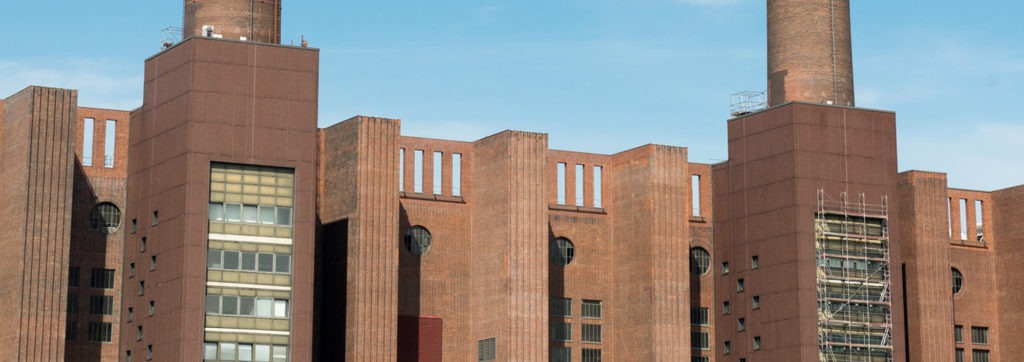VW advances battery development plans, loses company car share
10 April 2017

10 April 2017
The chief strategist of Volkswagen Group (VW), Thomas Sedran, has confirmed in conversation with the magazine Automobil Produktion that the group’s ′Centre of Excellence‘ will this month commence development of improved battery technology. The new batteries will start to feature in the electric cars VW rolls out from 2018 onwards.
′The Centre of Excellence assumes responsibility for the development, procurement and quality assurance of all battery cells and modules within the Group,‘ said Sedran. He added: ′We are also gradually building process competence within the ‘Centre of Excellence.‘ From 2018 on a laboratory line and presumably from 2020 on its own pilot line.‘
′At the same time, we are in advanced talks about building partnerships on battery cells. We assume that we will be able to conclude the talks later this year.‘ Sedran also commented that any decision on whether complete in-house production makes sense for Volkswagen will be taken at a later date.
VW also intends to develop other battery technologies beyond lithium-ion. ‘Parallel to the lithium battery, we are putting a strong focus on our so-called solid-state battery, which is the next battery generation,‘ said Sedran. A solid-state fuel battery has the potential to produce 20-30% more energy and therefore offers weight savings and/or greater range. The strategy involves the development of different battery technologies for VW’s individual car brands. ′A sports car from Porsche, for example, runs at a higher voltage and the battery needs to deliver faster energy. Especially when a Porsche driver accelerates from 0 to 100 km/h in three seconds,’ said Sedran.
On Sunday, German newspaper Welt am Sonntag reported that VW sales have fallen in Germany’s company car market. Referencing data from vehicle fleet market researcher Dataforce, Welt am Sonntag states that VW company car sales declined by 2% in 2016, although the fleet market expanded by 5.3%. Furthermore, fleet sales of VW diesel cars contracted by 7.3%, whereas total diesel company car sales grew by 1.2% and this trend has continued into 2017. ′In February this year, VW’s share of new registrations in the fleet market fell twice as much as the market as a whole,‘ said Marc-Oliver Prinzing, CEO of the German fleet management association. Prinzing added that ′There are uncertainties about diesel in some companies. Companies are coming to us and asking if there are economic alternatives to diesel.’
However, a VW spokesman told Welt am Sonntag that: ′We have not been able to determine a negative impact of the diesel crisis or the possible uncertainty of our diesel customers.’ VW also commented that the new version of the Passat had generated healthy sales figures and it was normal that volumes were not maintained. Nevertheless, the spokesperson did concede that ′in the context of the diesel crisis, all relevant competitors of the Volkswagen brand seized the opportunity to conquer market share in 2016 through attractive offers.‘
In another blow for VW, its popularity is waning among private customers according to the results of a survey conducted by the vehicle monitoring organisation KÃœS. The VW brand no longer holds the top position as the preferred brand for the next car purchase and has slipped back to third behind BMW and Audi. The survey reveals that the environmental image of VW has especially suffered. When potential car buyers were asked which manufacturers build environmentally friendly cars, Toyota was named by 20% of respondents, followed by BMW (19%) and Tesla (15%). Back in 2014, 26% had named VW but this has now slumped to just 11%.